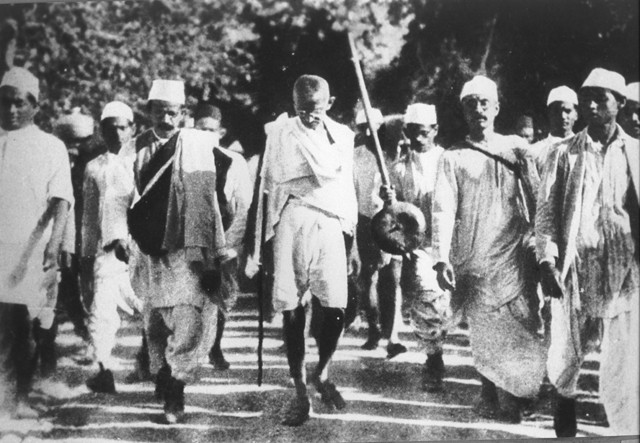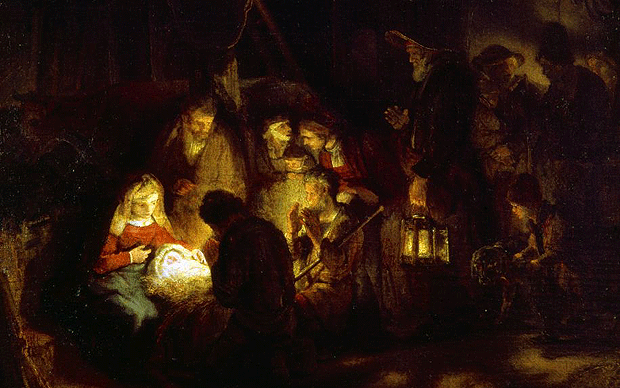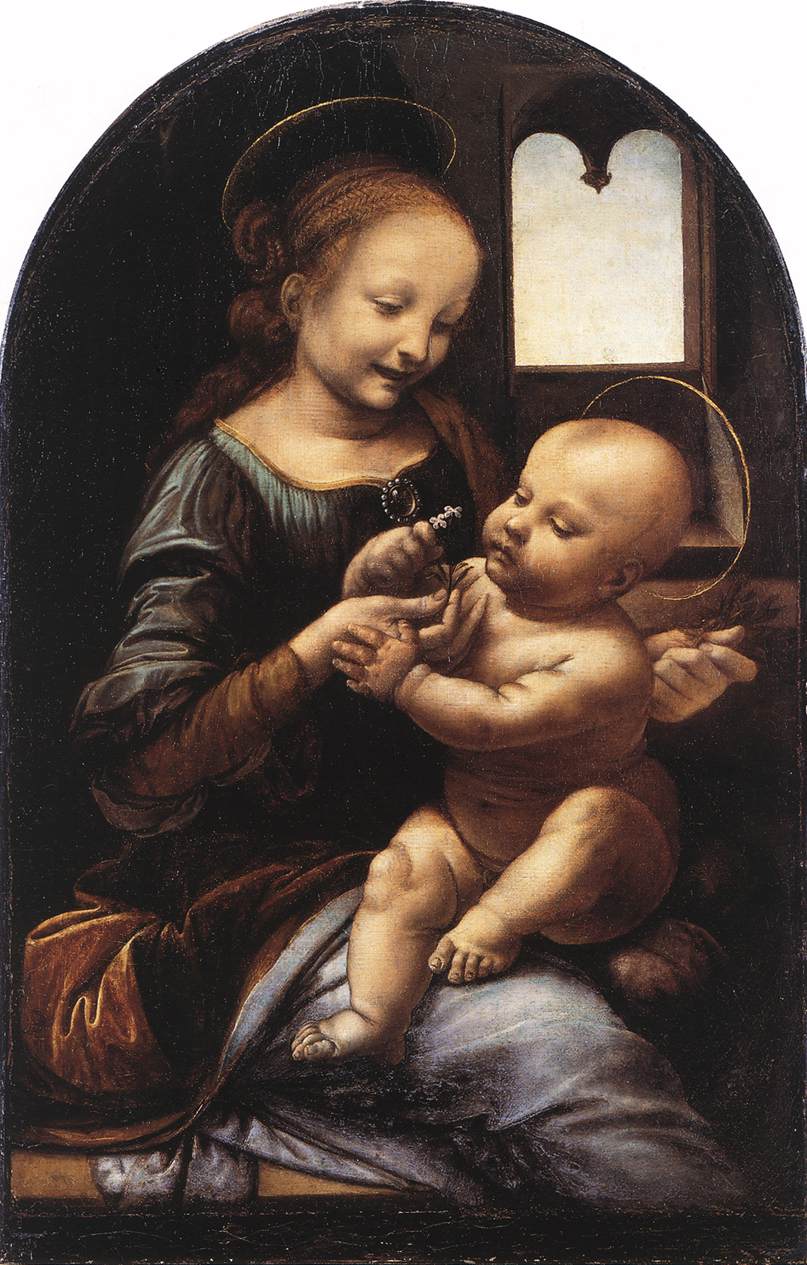Always ahead of culture
Deep down, though, these extra rules for women became a subtle reinforcement of the self-condemning framework I already lived in. Every time I had to remind myself not to look someone in the eye, every time I was worried about where my skirt was, or if my shorts were long enough, it whispered in my head that I was not an acceptable person, that there was something inherently offensive about me, and that it was up to me to protect other people from me. (Kay Bruner, As Soon as I Fell)
Bruner is talking about all the cultural restrictions on women in Papua New Guinea, where she was trained as a missionary. She went along with it all out of respect. But as she points out, it worked from the outside in to reinforce certain self perceptions already in place. I think this is something that can happen in the western evangelical church as well, though the messaging is much more subtle.
I think the church we attend has some restrictions in place, but they are unspoken. The men’s and women’s ministries seem very “traditional” (stereotypical?): men get together and do outdoorsy things, women get together for tea. In our last church, a Nazarene church (which I would expect to adopt a very conservative line), I taught a Sunday school class and helped lead an Alpha small group, and there were women on the leadership team. There are no women serving as elders in this church, and the only time women teach is when the audience consists of children or other women.
I have not asked any questions about the view of women in our church. It’s partly because I don’t have the desire to teach (I do quite enough of that the other 6 days of the week), so I don’t want to accidentally sound like I’m expressing interest! But it’s also partly fear of rocking the boat, of being perceived as “pushy.” Would a man ever feel such compunction if he had a question?
When I happened to read the passage quoted above, it brought this to mind again. Then coincidentally, this article in Christianity Today touched on how God is always ahead of human culture when it comes to gender roles. It’s a point I’ve noticed in Scripture, and written about here as it relates to the story of Samson. This discussion of errors to avoid in an Easter sermon points to the important role women play. Here is point 4: “Don’t bypass the role of women as witnesses to the resurrected Christ”:
The number and identity of the women in the resurrection accounts can be difficult to untangle, which is one of the reasons why we provide a glossary in The Final Days of Jesus as a guide. One of the confusing things, for example, is that no less than four of the women share the name Mary: (1) Mary Magdalene; (2) Mary the mother of Jesus; (3) Mary the mother of James and Joses/Joseph; and (4) Mary the wife of Clopas (who may have been the brother of Joseph of Nazareth). In addition, there is Joanna (whose husband, Chuza, was the household manager for Herod Antipas) and Salome (probably the mother of the apostles James and John).
As you preach this Easter, do not bypass the testimony of the women as an incidental detail. In the first century, women were not even eligible to testify in a Jewish court of law. Josephus said that even the witness of multiple women was not acceptable “because of the levity and boldness of their sex.” Celsus, the second-century critic of Christianity, mocked the idea of Mary Magdalene as an alleged resurrection witness, referring to her as a “hysterical female … deluded by … sorcery.”
This background matters because it points to two crucial truths. First, it is a theological reminder that the kingdom of the Messiah turns the system of the world on its head. In this culture, Jesus radically affirmed the full dignity of women and the vital value of their witness. Second, it is a powerful apologetic reminder of the historical accuracy of the resurrection accounts. If these were “cleverly devised myths” (2 Pet. 1:16, ESV), women would never have been presented as the first eyewitnesses of the risen Christ.
God turns the world on its head.
I wonder, how would our view of God be different if women played a larger role in the culture of Bible times? How would it influence, for instance, the violence of what Greg Boyd calls the “warrior God” of the Old Testament? How would the biblical revelation be fuller than it is if women had not been habitually ignored as equally made in God’s image, equally as capable (as many examples in the Bible suggest) of hearing his voice?
I believe the Bible to be God’s inspired word. I believe that enough truth of his nature and activity comes through to show us the path of salvation and to gain wisdom. But it took many centuries for God to prepare human culture for his fullest revelation through Jesus. He worked with humanity and prepared the way continuously throughout the Old Testament. It makes me wonder about how he might be doing that today in our “advanced” and “enlightened” world.



One Comment
Rich Milne
Thank you, Dr. Goodrich, for pulling these threads together. The recent discussions and more or less denunciations of the Vice President’s stance on being alone with women have certainly highlighted some of the underlying issues here. What is probity and what is projection is not an easy question to answer. Paul’s remarks at various points do make the situation any easier, I think. Obviously, how prescriptive versus descriptive the scriptures are to be considered also enters in here.
Luke gives a prominent place to women both in his Gospel and in Acts, and Kӧstenberger and Taylor (both men) bring this out well in regards to the resurrection, though it is just as true of Luke’s crucifixion narratives. Luke seems to have a significant interest and focus on how women played a role in Jesus’ entire ministry. This, too, is often overlooked or downplayed in much teaching and preaching.
Regarding teaching in general, given the stricter judgment that James speaks of, it would seem wise for anyone, male or female, to consider well if this is a role the Lord has called them to.
When Bruner writes she feels that “it was up to me to protect other people from me” she seems to get to exactly the double standard I think you are alluding to. We must all consider how our actions affect others, especially the “weaker brother” (not sister). But this seems to be for all of us to consider, not just one gender.
I pray what you have written, short as it is, does encourage more of us to consider how to be part of the solution, not part of the problem. Thank you.